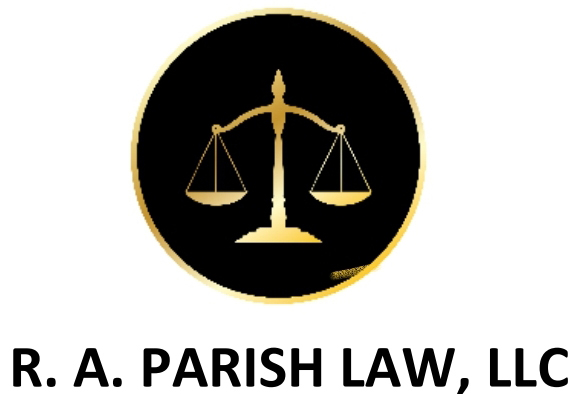HOW TO KEEP YOUR SEPARATE ASSETS AND PROPERTY FROM YOUR SPOUSE IN A DIVORCE – OHIO
Parties in Ohio can make separate property claims during a divorce for certain property and assets to be excluded from the fair and equitable division of marital property. The Ohio revised code includes that “Separate property” is defined as all real and personal property and any interest in real or personal property that is found by the court to include the following:
-
-
- inheritance by one spouse
- acquired by one spouse prior to the date of the marriage
- passive income and appreciation acquired from separate property by one spouse during the marriage
- real or personal property that is excluded by a valid antenuptial agreement
- compensation to a spouse for the spouse’s personal injury, except for loss of marital earnings
- compensation for expenses paid from marital assets
- any gift to one spouse
-
The commingling of separate property with other property of any type does not destroy the identity of the separate property as separate property, except when the separate property is not traceable. In divorce proceedings in Ohio, the court may determine what constitutes marital property and what constitutes separate property. Commingling property means that the parties have combined their marital property and separate property into one lump mass where it is difficult to tell what property is marital property and what property is separate.
Failure to provide the correct documentation or witnesses concerning separate property to the court can result in a division of property that rightfully belongs to only one party, since the law for Divorce in Ohio is fair and equitable division of all marital property. Property which for all intents and purposes looks to be marital property will be deemed marital without other evidence. A party who wishes to claim separate property assets in a Divorce should be prepared to provide documentation and evidence of all separate assets for the court. Separate assets and property can include all or a portion of real property, businesses, bank accounts, retirement accounts and passive income.
For example, evidence of an inheritance may require testimony from family members about the source of funds or property when there is an inheritence or family heirlooms. Sometimes finding proof of separate assets and property can require digging through bank records and credit card statements. Parties might need to send out subpoenas for records to gain access to information that is older or otherwise electronically inaccessible as another tool to gain information.
A division or disbursement of property or a distributive award made pursuant to a Divorce in Ohio is not subject to future modification by the court except upon the express written consent or agreement to the modification by both spouses. Ohio’s Divorce law that awards are not subject to future modification generally means that all sales are final. Prior to any entry for Divorce in Ohio all separate assets must be properly identified so they are not wrongfully divided or credited to the other party in a final order. Parties who have separate assets and property or believe they have separate assets and property as part of their Divorce should contact a local family law attorney in order to fully understand their rights before the Divorce is final. R. A. Parish Law, LLC provides 30 minute, no cost, no obligation consultations at (614) 407-0443.
